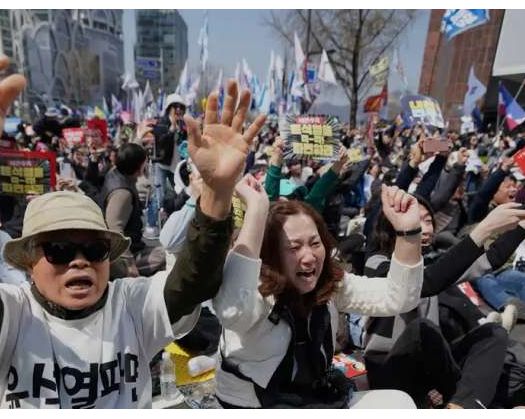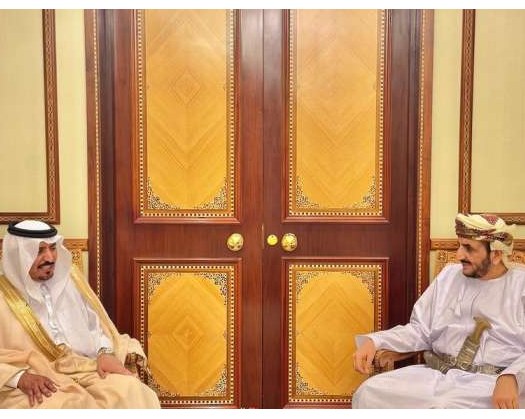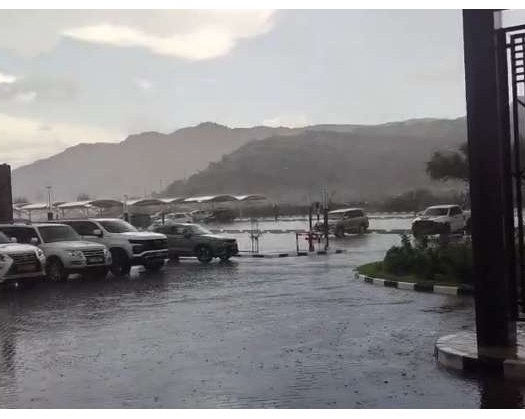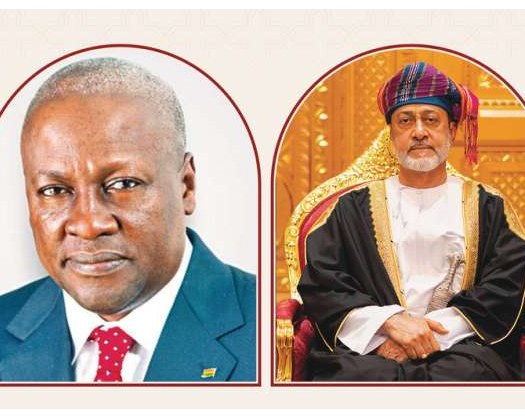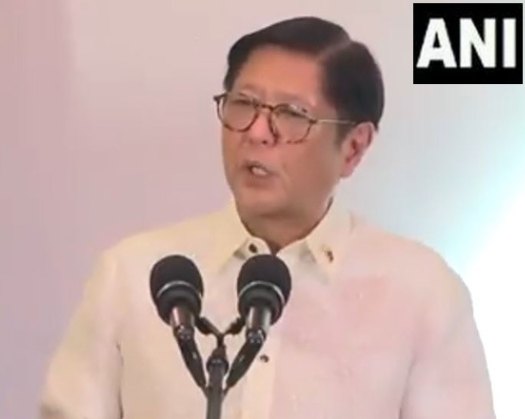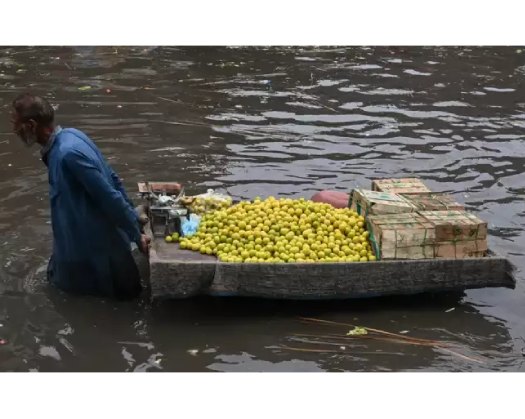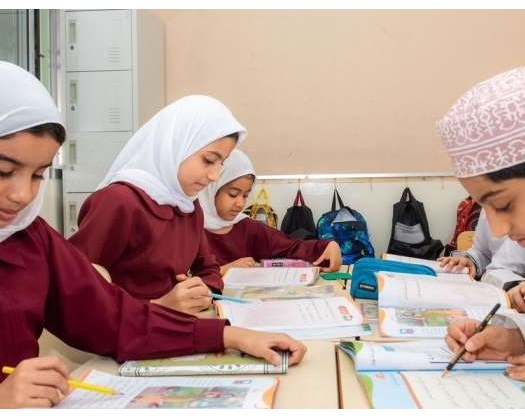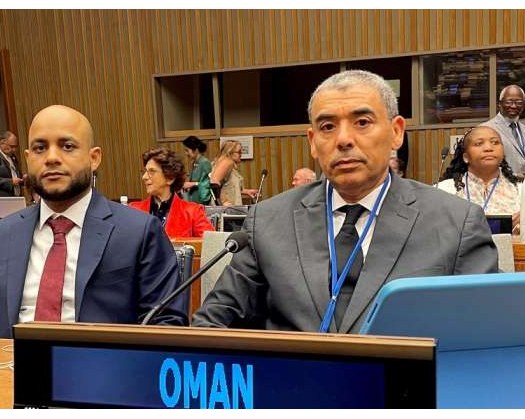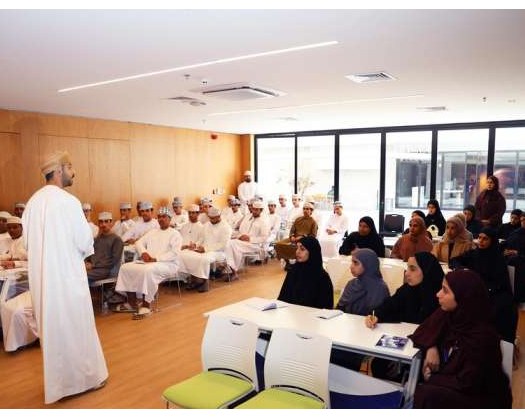Seoul: On Friday, South Korea's Constitutional Court confirmed the impeachment of Yoon Suk Yeol, following the turmoil caused by the former president's declaration of martial law months earlier.
Yoon was absent from the courtroom during the announcement of the decision.
In a unanimous ruling broadcast nationwide, acting chief judge Moon Hyung-bae stated that the eight-member panel upheld Yoon's impeachment, determining that his martial law declaration "violated" the constitution, failed to adhere to proper procedures, and compromised the judiciary's independence.
The ruling also indicated that Yoon breached his responsibilities as commander-in-chief by deploying military forces.
In response, Yoon's People Power Party acknowledged the court's decision.
"We sincerely apologize to the public," said lawmaker Kwon Young-se.
Joy and outrage following the verdict
Supporters of Yoon, along with pro-impeachment protesters, set up camp outside the courthouse overnight.
In anticipation of the verdict, police heightened security measures to the maximum level, deploying their entire force.
When the verdict was revealed, thousands of those advocating for his removal erupted in celebration, chanting "We won!"
Conversely, Yoon's supporters, who gathered near his official residence, expressed their anger and disappointment. As reported by Yonhap News Agency, one individual was arrested for vandalizing a police bus window.
Yoon Kap-keun, one of Yoon's attorneys, described the ruling as a "strictly political decision."
What led to the president's arrest?
Yoon was arrested and charged by prosecutors in January due to his decision on December 3 to impose martial law and dispatch troops to parliament to prevent the repeal of that decision, a move that threw the nation into political chaos.
In mid-December, South Korea's opposition-led parliament voted to impeach Yoon, resulting in his suspension from office.
After his impeachment, the 64-year-old resisted arrest for two weeks at his presidential residence in central Seoul.
Yoon has since defended the brief declaration of martial law as a "proclamation that the nation was facing an existential crisis."
In March, Seoul's Central District Court annulled Yoon's arrest warrant, citing concerns regarding the timing of his indictment and "questions about the legality" of the investigation, leading to his release from prison.
What are the next steps?
Prime Minister Han Duck-soo will remain in the role of acting president until the inauguration of the new president.
South Korea is required to hold a presidential election within the next 60 days.
At the same time, Yoon is undergoing a separate criminal trial concerning insurrection charges linked to the declaration of martial law.
He is the first sitting president in South Korea to face a criminal trial, and the proceedings are anticipated to extend well beyond his impeachment.

